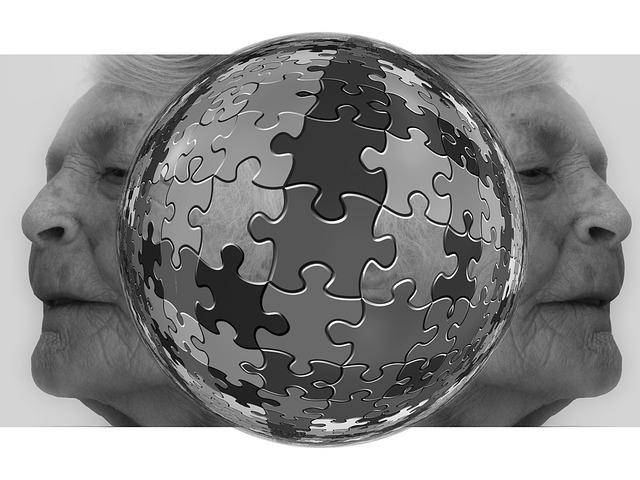
The intricate relationship between the gut and the brain is a fascinating area of study that is gaining increasing attention in the world of health and wellness. This blog aims to delve into the complexities of the gut-brain connection, exploring how it influences our overall health, particularly in areas such as anxiety, diet, and depression. By understanding this connection, we can unlock new avenues for improving both mental and physical well-being.
What is the Gut-Brain Connection?
The gut-brain connection refers to the communication network that links your gut and brain. This bi-directional communication system is facilitated by the gut-brain axis, which involves the central nervous system (CNS), the enteric nervous system (ENS), and the vagus nerve.
The Role of the Gut-Brain Axis
The gut-brain axis is a complex communication system that connects the emotional and cognitive centers of the brain with peripheral intestinal functions. This axis includes:
- Central Nervous System (CNS): The brain and spinal cord, which are responsible for processing information and coordinating activity.
- Enteric Nervous System (ENS): Often referred to as the “second brain,” this consists of a vast network of neurons in the gut that regulate digestive processes.
- Vagus Nerve: A critical part of the parasympathetic nervous system, the vagus nerve facilitates communication between the brain and the gut.
Why the Gut is Considered the Second Brain
The gut is often called the “second brain” due to the ENS, which contains more neurons than the spinal cord. This neural network in the gut can operate independently of the brain and spinal cord, controlling gut behavior through complex reflexes.
The Impact of the Gut-Brain Connection on Health
Understanding the gut-brain connection opens up new possibilities for treating various health issues, from anxiety to depression. Here’s how this connection affects different aspects of health:
Brain-Gut Connection and Anxiety
Anxiety is one of the most common mental health disorders, and emerging research suggests that the gut-brain connection plays a significant role. The gut produces neurotransmitters such as serotonin, which are crucial for regulating mood. An imbalance in gut flora can disrupt serotonin production, leading to anxiety and other mood disorders.
Gut-Brain Connection and Diet
Diet plays a crucial role in maintaining a healthy gut microbiome, which in turn affects brain health. Consuming a diet rich in fiber, probiotics, and prebiotics can promote the growth of beneficial gut bacteria, enhancing communication along the gut-brain axis and improving mental health outcomes.
Foods to Improve Gut Health
- Probiotics: Found in yogurt, kefir, and fermented foods, probiotics introduce beneficial bacteria to the gut.
- Prebiotics: Found in foods like bananas, onions, and garlic, prebiotics feed the good bacteria in your gut.
- Fiber: Whole grains, fruits, and vegetables are high in fiber, which aids digestion and supports a healthy gut microbiome.
Gut-Brain Connection Treatment
Treating conditions related to the gut-brain connection involves a multifaceted approach. This can include dietary changes, probiotics, prebiotics, and in some cases, medications to restore balance to the gut microbiome and improve mental health.
Heal the Gut, Heal the Brain
This concept is based on the idea that improving gut health can lead to improvements in brain function and mood. By addressing issues such as dysbiosis (imbalance in gut bacteria), it is possible to alleviate symptoms of mental health conditions like depression and anxiety.
Vagus Nerve and Gut-Brain Connection
The vagus nerve plays a pivotal role in the gut-brain connection by transmitting signals between the gut and the brain. Stimulating the vagus nerve through practices like deep breathing, meditation, and certain dietary choices can enhance gut-brain communication and promote overall well-being.
How to Improve Gut Health for Depression
Depression is a multifaceted condition that can be influenced by gut health. Here are some strategies to improve gut health and potentially alleviate depressive symptoms:
Dietary Changes
- Increase Fiber Intake: A diet high in fiber can support the growth of healthy gut bacteria.
- Incorporate Probiotics and Prebiotics: These can help balance the gut microbiome.
- Limit Processed Foods and Sugars: These can harm gut health by promoting the growth of harmful bacteria.
Lifestyle Modifications
- Regular Exercise: Physical activity can positively impact gut health and reduce symptoms of depression.
- Stress Management: Techniques like mindfulness and yoga can help manage stress, which in turn benefits gut health.
Medical Interventions
- Medications: In some cases, medications may be prescribed to manage gut health issues that impact mental health.
- Therapies: Psychological therapies, such as cognitive-behavioral therapy (CBT), can also help by addressing the mental aspects of gut-brain health.
Conclusion
The gut-brain connection is a powerful testament to the interconnectedness of our bodily systems. By understanding and nurturing this connection, we can improve our mental and physical health in profound ways. From dietary adjustments to lifestyle changes and medical treatments, there are numerous ways to enhance gut health and, by extension, brain health. By embracing the knowledge of this connection, we can pave the way for a healthier, happier life.